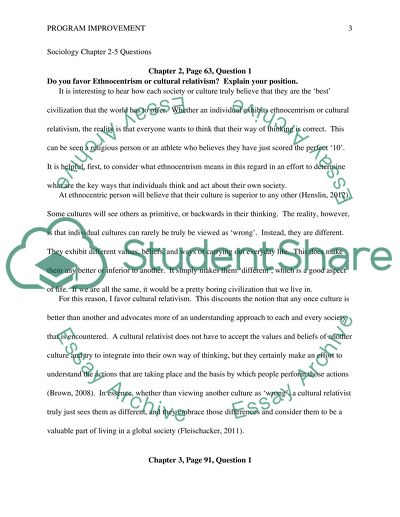Cite this document
(“Answer some questions Research Paper Example | Topics and Well Written Essays - 1750 words”, n.d.)
Retrieved de https://studentshare.org/sociology/1487518-answer-some-questions
Retrieved de https://studentshare.org/sociology/1487518-answer-some-questions
(Answer Some Questions Research Paper Example | Topics and Well Written Essays - 1750 Words)
https://studentshare.org/sociology/1487518-answer-some-questions.
https://studentshare.org/sociology/1487518-answer-some-questions.
“Answer Some Questions Research Paper Example | Topics and Well Written Essays - 1750 Words”, n.d. https://studentshare.org/sociology/1487518-answer-some-questions.


